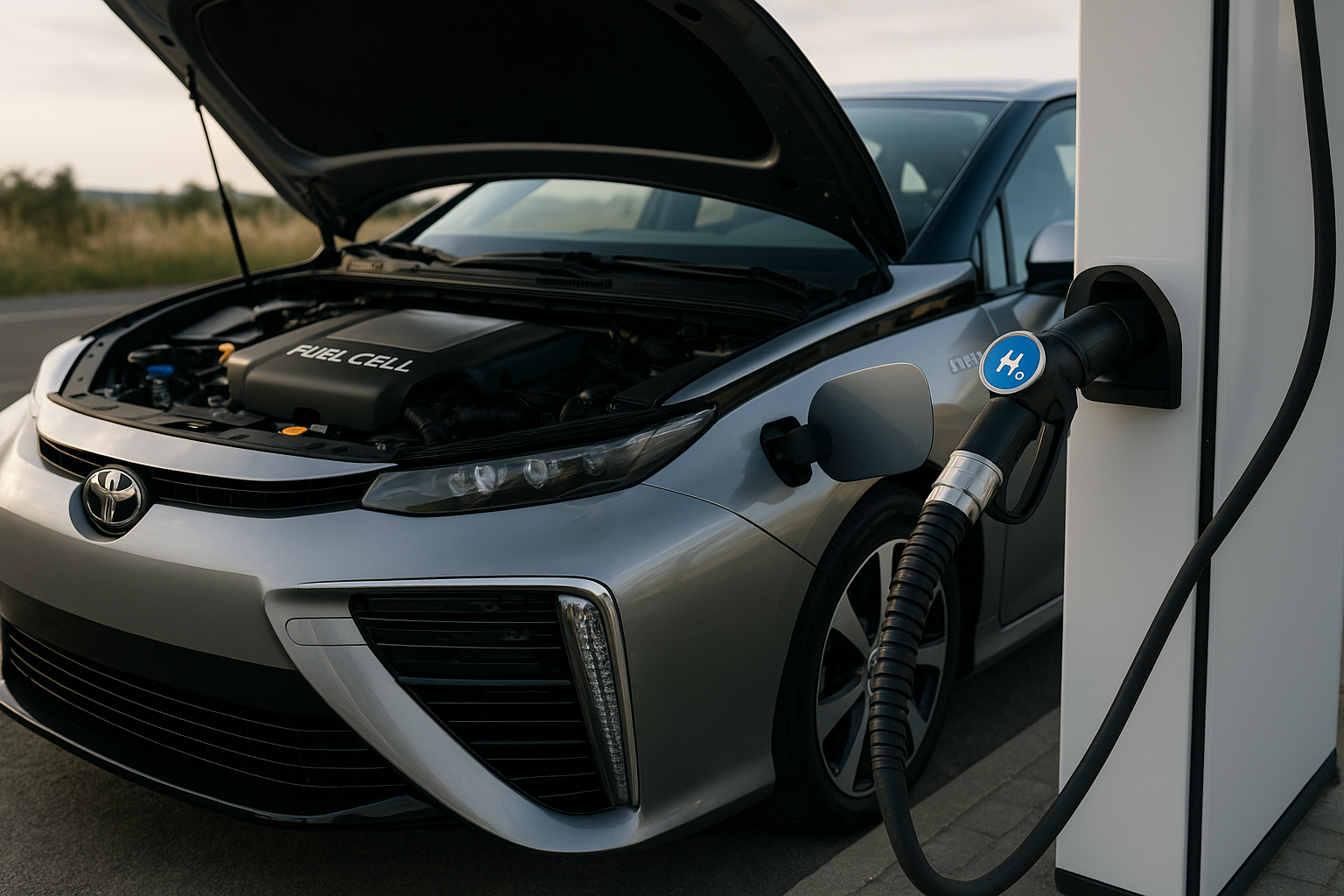Pioneering the Future: The Advent of Hydrogen Fuel Cell Vehicles
In the fast-paced world of automotive advancements, a new wave of vehicles is emerging that promises to reshape our understanding of transportation: Hydrogen Fuel Cell Vehicles (HFCVs). While they aren't as widely discussed as electric or hybrid cars, they hold immense potential to revolutionize the auto industry and our driving habits.

A Glimpse into the Past: The Making of Hydrogen Fuel Cell Vehicles
HFCVs aren’t a recent invention. The concept dates back to the 1960s when General Motors developed the Electrovan, the first-ever vehicle to utilize a hydrogen fuel cell. However, due to technical limitations and high costs, the technology remained mostly untouched for several decades. It wasn’t until the turn of the 21st century when automakers began to explore the benefits of hydrogen as a potential fuel source seriously.
The Present Scenario: Hydrogen Fuel Cell Vehicles Today
Fast forward to today, and several major automakers, including Toyota, Honda, and Hyundai, have commercial HFCVs on the market. The industry is witnessing a steady rise in the number of hydrogen refueling stations, especially in regions like California. However, the adoption rate remains slow due to the high vehicle costs, limited refueling infrastructure, and the public’s general lack of awareness about this technology.
Understanding the Technology: How Do HFCVs Work?
The working principle of HFCVs is relatively straightforward. They combine hydrogen stored in high-pressure tanks with oxygen from the air to produce electricity. This electricity then powers an electric motor that drives the vehicle. The only by-product of this process is water vapor, making HFCVs a zero-emission transportation option.
The Potential Impact: Benefits and Challenges of HFCVs
HFCVs offer several benefits over traditional internal combustion engine cars and even electric vehicles. They emit only water vapor, have a longer driving range, and can be refueled quickly. However, there are also significant challenges to overcome. These include the high vehicle and infrastructure costs, the need for widespread hydrogen production, and concerns about the safety and storage of hydrogen.
Looking Ahead: The Future of Hydrogen Fuel Cell Vehicles
Despite the challenges, the future looks promising for HFCVs. As technology advances and costs decrease, it’s likely we’ll see more hydrogen-powered vehicles on our roads. Moreover, governments worldwide are showing interest in this technology, offering incentives and funding research to boost its adoption.
So, while they might not be the most famous players in the automotive world just yet, Hydrogen Fuel Cell Vehicles are undoubtedly worth watching. As we navigate the challenges and opportunities of the 21st century, they could be just the vehicle we need to steer us towards a sustainable, zero-emission future.



